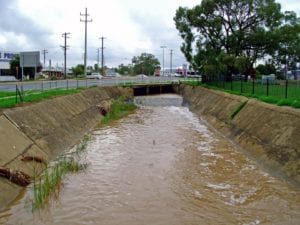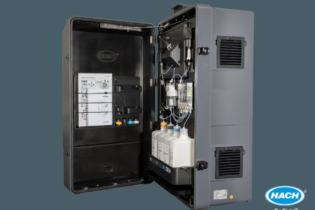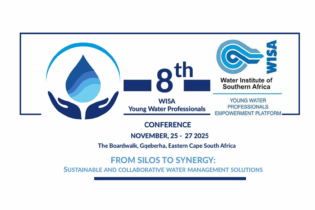 The City of Cape Town is clamping down on illegal stormwater and sewer connections.
The City of Cape Town is clamping down on illegal stormwater and sewer connections.
- sewer gullies that are unkerbed, i.e. lack a bund wall that serves to prevent stormwater draining into the sewer
- gutter downpipes that channel rainwater directly into the sewerage system
- swimming pools where the backwash water and overflow discharge directly into the stormwater system
Constantia is the most recent area to have been visited and the teams there identified a number of contraventions that put the sewer system and surrounding areas at risk. In total 1 079 properties were subjected to door-to-door inspections, with instances of non-compliance found at 155 of them.
Smoke technology was also used to inspect approximately 49 000 m of piping, and helped City staff locate a number of structural inefficiencies including two open rodding eyes/sewer vents, eight unsealed manholes and four infrastructure defects. Sewer inspections have also recently been completed in the Strand, Fish Hoek and Camps Bay areas. “Illegal connections are problematic in that, especially during wet weather, the presence of excess water can stretch the capacity of the City’s wastewater conveyance systems. Not only can this result in overflows, but the City’s wastewater treatment plants are being forced to process water that otherwise should not have been treated. Limiting the amount of water that is unnecessarily treated every year will improve the quality of effluent that enters the environment,” said the City’s Mayoral Committee Member for Utility Services, Alderman Ernest Sonnenberg “This work has been very beneficial in reducing the hydraulic load that stormwater ingress adds to the sewers, and in identifying defects which can then be referred to the local depots for action. Residents have so far been very cooperative in fixing the contraventions on their property, and for this we are very appreciative.”





